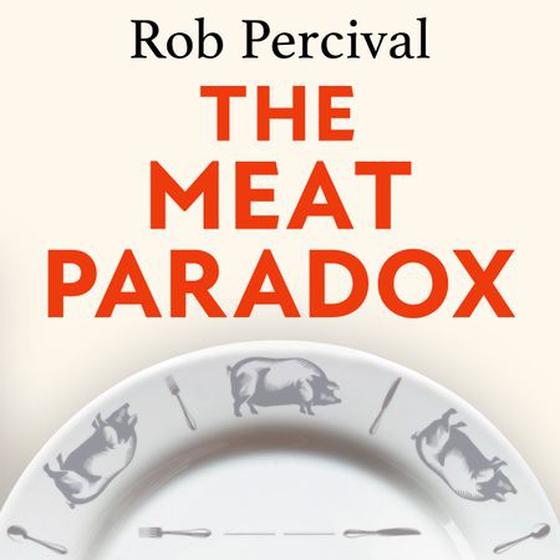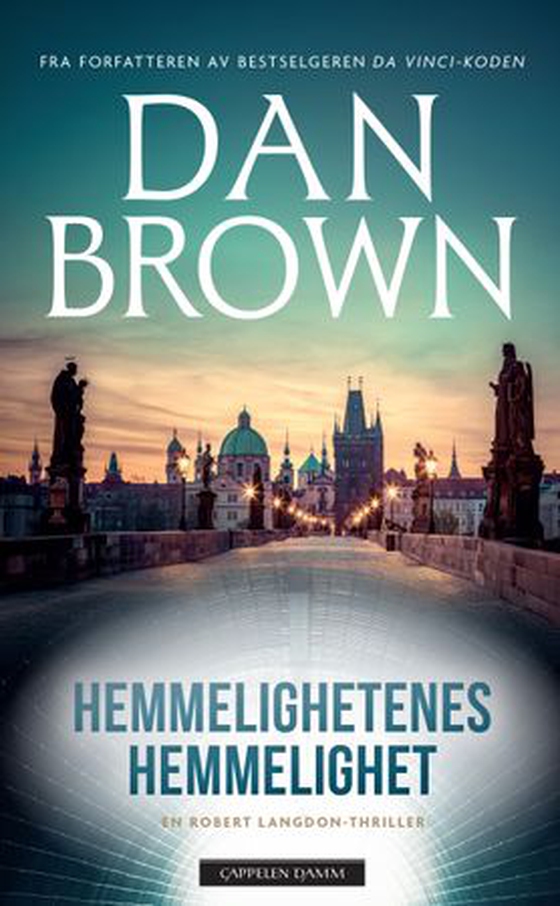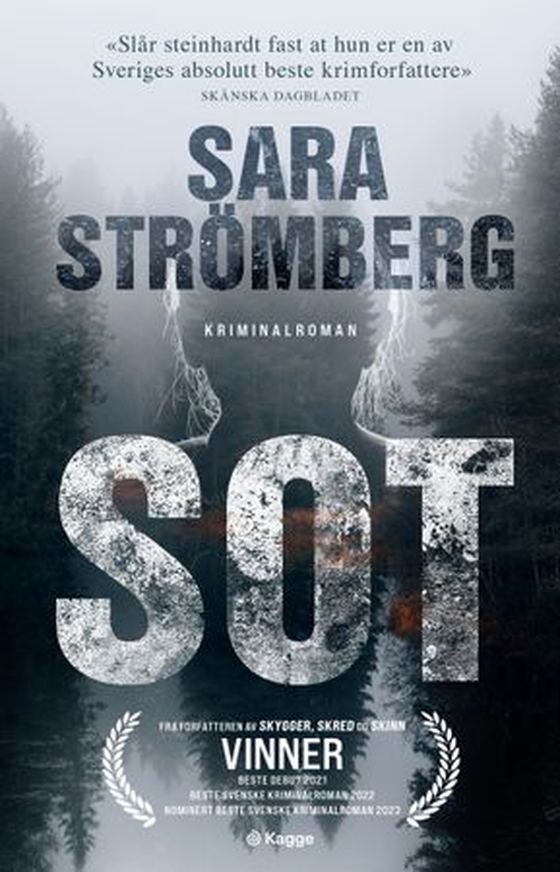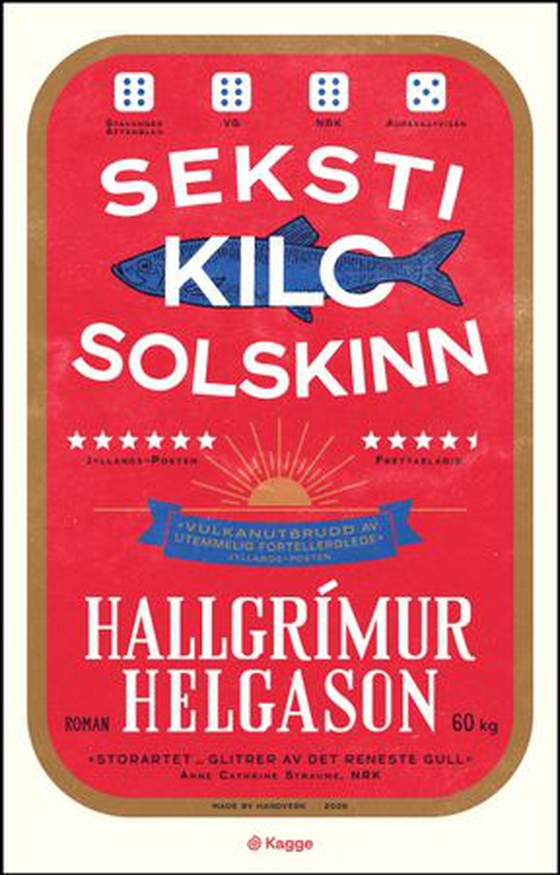
The Meat Paradox lydbok
236,-
Our future diet will be shaped by diverse forces. It will be shaped by novel technologies and the logic of globalisation, by geopolitical tensions and the evolution of cultural preferences, by shocks to the status quo - pandemics and economic strife, the escalation of the climate and ecological crises - and by how we choose to respond. It will also be shaped by our emotions. It will be shaped by …
Our future diet will be shaped by diverse forces. It will be shaped by novel technologies and the logic of globalisation, by geopolitical tensions and the evolution of cultural preferences, by shocks to the status quo - pandemics and economic strife, the escalation of the climate and ecological crises - and by how we choose to respond. It will also be shaped by our emotions. It will be shaped by the meat paradox.'Should we eat animals?' was, until recently, a question reserved for moral philosophers and an ethically minded minority, but it is now posed on restaurant menus and supermarket shelves, on social media and morning television. The recent surge in popularity for veganism in the UK, Europe and North America has created a rupture in the rites and rituals of meat, challenging the cultural narratives that sustain our omnivory.In The Meat Paradox, Rob Percival, an expert in the politics of meat, searches for the evolutionary origins of the meat paradox, asking when our relationship with meat first became emotionally and ethically complicated. Every society must eat, and meat provides an important source of nutrients. But every society is moved by its empathy. We must all find a way of balancing competing and contradictory imperatives. It is essential reading for anyone interested in the origins of our empathy, the psychology of our dietary choices, and anyone who has wondered whether they should or shouldn't eat meat.
Undertittel
‘Brilliantly provocative, original, electrifying’ Bee Wilson, Financial Times
Forlag
Little, Brown Book Group
Utgitt
03.03.2022
Lengde
9:52
Sjanger
Dokumentar og fakta, Politikk og samfunn
Språk
English
Format
mp3
DRM-beskyttelse
App-only
ISBN
9781405548540
Our future diet will be shaped by diverse forces. It will be shaped by novel technologies and the logic of globalisation, by geopolitical tensions and the evolution of cultural preferences, by shocks to the status quo - pandemics and economic strife, the escalation of the climate and ecological crises - and by how we choose to respond. It will also be shaped by our emotions. It will be shaped by the meat paradox.
'Should we eat animals?' was, until recently, a question reserved for moral philosophers and an ethically minded minority, but it is now posed on restaurant menus and supermarket shelves, on social media and morning television. The recent surge in popularity for veganism in the UK, Europe and North America has created a rupture in the rites and rituals of meat, challenging the cultural narratives that sustain our omnivory.
In The Meat Paradox, Rob Percival, an expert in the politics of meat, searches for the evolutionary origins of the meat paradox, asking when our relationship with meat first became emotionally and ethically complicated. Every society must eat, and meat provides an important source of nutrients. But every society is moved by its empathy. We must all find a way of balancing competing and contradictory imperatives. It is essential reading for anyone interested in the origins of our empathy, the psychology of our dietary choices, and anyone who has wondered whether they should or shouldn't eat meat.
'Should we eat animals?' was, until recently, a question reserved for moral philosophers and an ethically minded minority, but it is now posed on restaurant menus and supermarket shelves, on social media and morning television. The recent surge in popularity for veganism in the UK, Europe and North America has created a rupture in the rites and rituals of meat, challenging the cultural narratives that sustain our omnivory.
In The Meat Paradox, Rob Percival, an expert in the politics of meat, searches for the evolutionary origins of the meat paradox, asking when our relationship with meat first became emotionally and ethically complicated. Every society must eat, and meat provides an important source of nutrients. But every society is moved by its empathy. We must all find a way of balancing competing and contradictory imperatives. It is essential reading for anyone interested in the origins of our empathy, the psychology of our dietary choices, and anyone who has wondered whether they should or shouldn't eat meat.
Ingen anmeldelser ennå







